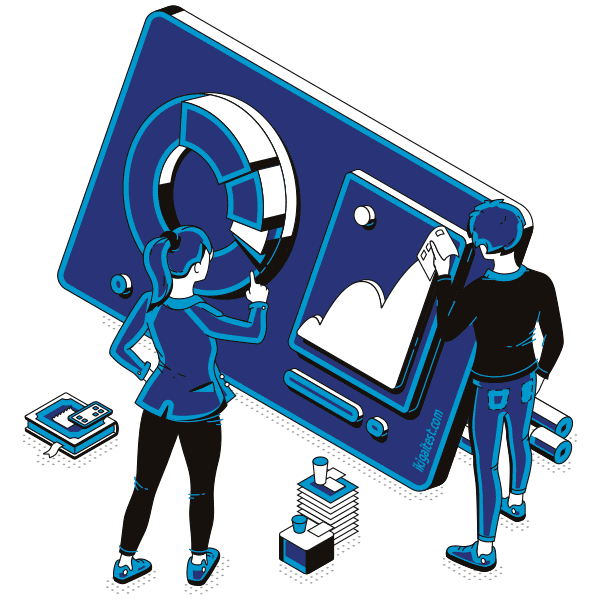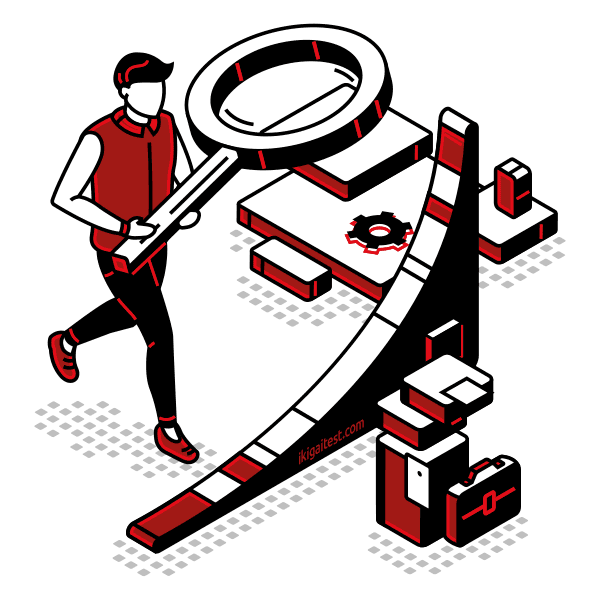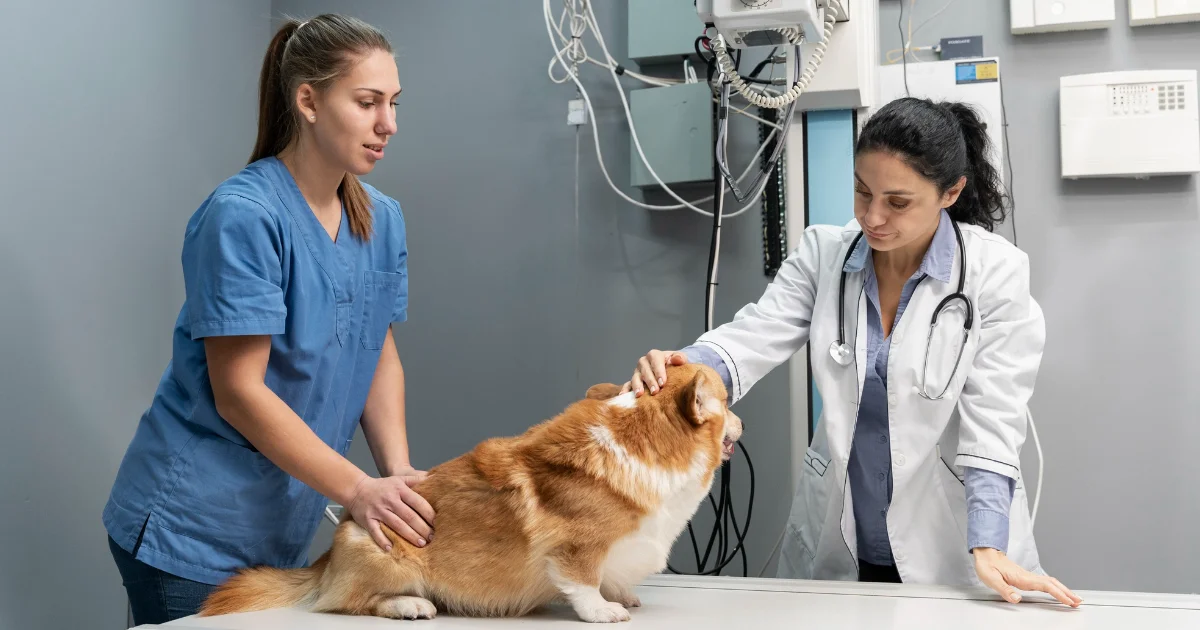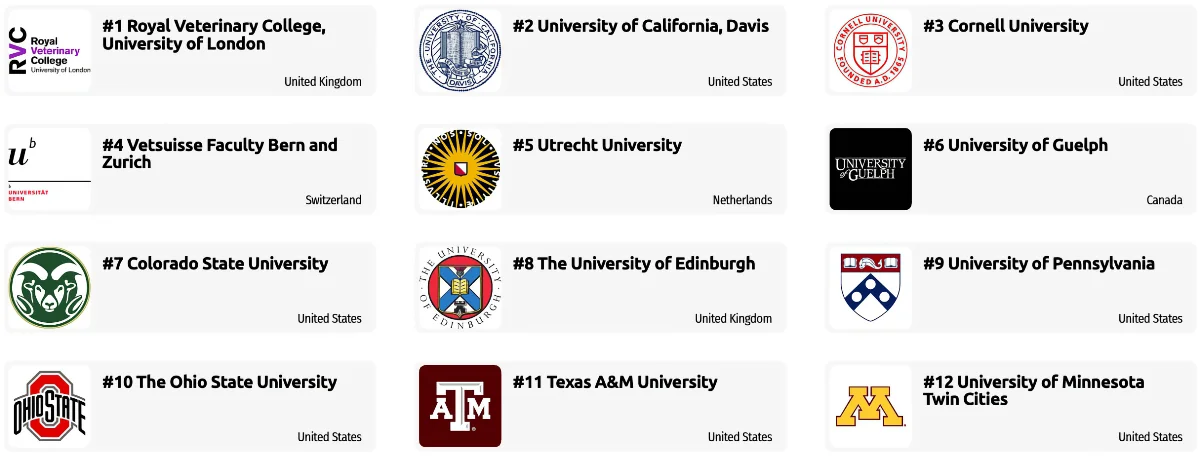Supervisor

Any supervisor should excel at:
- Monitoring and reviewing information from materials, events, or the environment.
- Detecting or assessing problems whether real or potential.
- Monitoring and controlling resources and overseeing the spending of money.
Inspector

Inspectors should be great at:
- Estimating sizes, distances, and quantities; or determining time, costs, resources, or materials needed to perform a work activity.
- Observing, receiving, and otherwise obtaining information from all relevant sources.
- Identifying information by categorizing, estimating, recognizing differences or similarities, and detecting changes in circumstances or events.
- Inspecting equipment, structures, or materials to identify the cause of errors or other problems or defects.
Other work activities related to Veterinary assistants and laboratory animal caretakers
- Monitoring animals recovering from surgery and notifying veterinarians of any unusual changes or symptoms.
- Administering anesthetics during surgery and monitoring the effects on animals.
- Cleaning, maintaining, and sterilizing instruments or equipment.
- Administering medication, immunizations, or blood plasma to animals as prescribed by veterinarians.
- Providing emergency first aid to sick or injured animals.
- Cleaning and maintaining kennels, animal holding areas, examination or operating rooms, or animal loading or unloading facilities for controlling the spreading of disease.
- Holding or restraining animals during veterinary procedures.
- Performing routine laboratory tests or diagnostic tests, such as taking or developing x rays.
- Filling medication prescriptions.
- Collecting laboratory specimens, such as blood, urine, or feces, for testing.
- Examining animals for detecting behavioral changes or clinical symptoms potentially indicating illness or injury.
- Assisting veterinarians in examining animals for determining the nature of illnesses or injuries.







